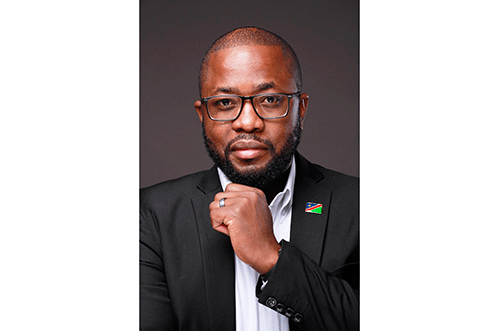President Nangolo Mbumba’s keynote address at the 34th Heroes’ Day commemoration in Omuthiya was both powerful and evocative, paying tribute to the brave men and women who sacrificed their lives for Namibia’s independence.
His speech was not only a reminder of the past struggles but also a call to action for the future, underlining the importance of unity, peace, and sustained development.
Takeaways:
Celebration of Heroes:
President Mbumba eloquently honoured Namibia’s heroes and heroines, highlighting their courage, selflessness, and unwavering dedication to the nation’s freedom. His detailed recounting of historical figures from Kaptein Hendrik Witbooi to Founding President Sam Nujoma underscored the deep respect for those who paved the way for Namibia’s independence. The emphasis on these heroes serves as a poignant reminder of the values of bravery and patriotism that continue to inspire Namibians today.
Progress and achievements
The President rightly acknowledged the significant strides Namibia has made over the past 34 years. His recognition of Namibia’s democratic framework, characterised by the rule of law and justice for all, highlights the nation’s commitment to maintaining the legacy of its heroes.
His reference to recent developments in the green economy, particularly in green hydrogen and oil discoveries, illustrates the forward-looking vision that aligns with the country’s long-term goals of prosperity and economic freedom.
Call to action:
The President’s emphasis on the need for Namibia’s youth to empower themselves through education and training was particularly impactful. By framing this as the “second struggle for economic freedom”, Mbumba positioned the youth at the centre of Namibia’s future growth. This call to action is crucial in a country where the youth make up a significant portion of the population.
Recognition of challenges
More so, Mbumba did not shy away from acknowledging the challenges Namibia faces, particularly the ongoing drought and the reports of malnutrition-related deaths.
His commitment to addressing these issues, exemplified by the assignment of the Prime Minister to tackle the drought and hunger crisis, demonstrates the government’s proactive approach to mitigating the impacts of these pressing problems.
In sum, Mbumba’s speech was strong in its historical context and call to action, a few areas could have been further elaborated upon.
For instance, while the emphasis on economic development through the green economy and oil resources was commendable, a more detailed discussion on how these sectors will directly benefit the Namibian people, especially in terms of job creation and poverty alleviation, would have strengthened the message. Additionally, more concrete examples of how the government plans to address the urgent needs of the youth in education and employment would have been beneficial.
Moreover, Mbumba’s address was a stirring and inspirational reflection on Namibia’s past, present, and future.
It reinforced the importance of unity and collective effort in building a prosperous and just Namibia, ensuring that the sacrifices of the past continue to yield benefits for generations to come.
*Lot Ndamanomhata is graduate of public management, journalism and communication. this article reflects his views and write entirely in his personal capacity.


